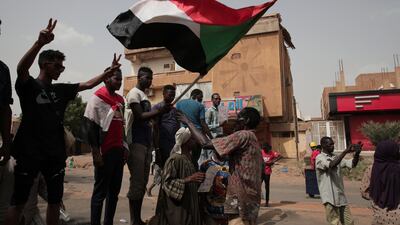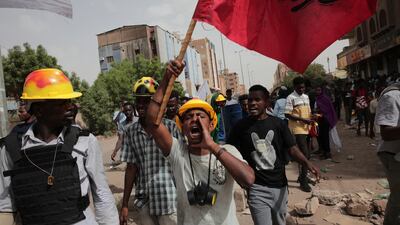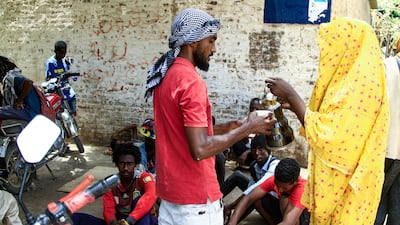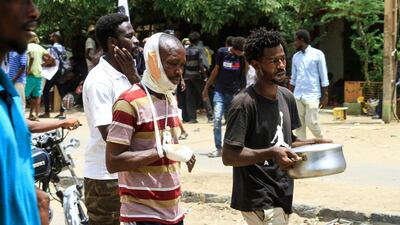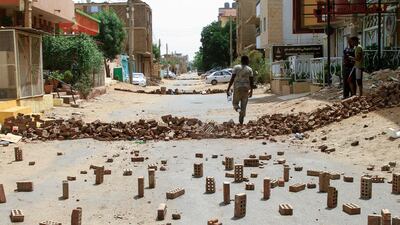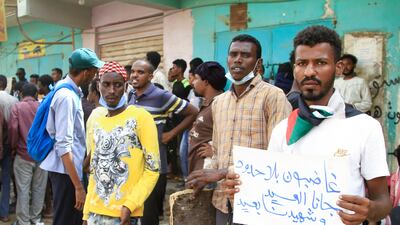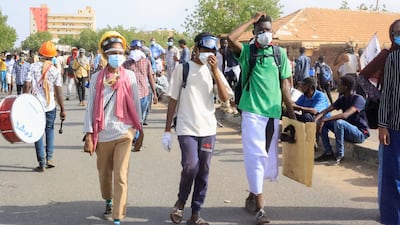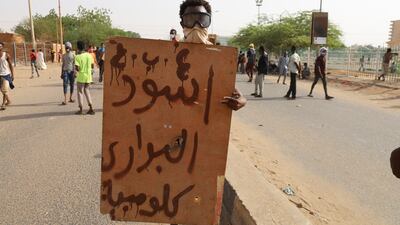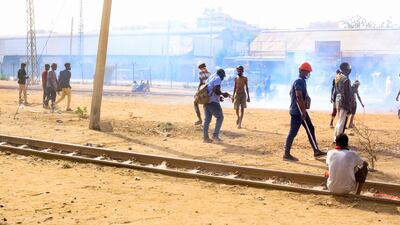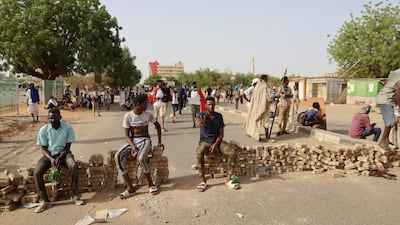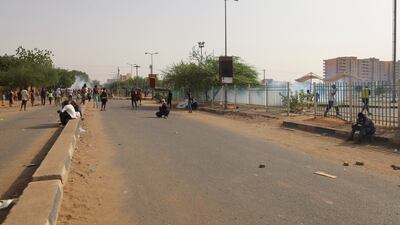Thousands of protesters took to the streets of Khartoum on Saturday, after nine people were killed on Thursday in demonstrations against the country’s ruling generals.
Video showed a police armoured vehicle firing tear gas towards the protesters, who used shields and threw stones in retaliation at the vehicles.
The protests come amid international outcry over the killing of the protesters during mass rallies against October’s military takeover, which derailed Sudan’s democratic transition and plunged the country into an economic and political crisis.
“I’m here to restore the transition to a civilian rule and to end the military coup and I am here to say that we are insisting on our stance — no power-sharing, no negotiations, no compromise, and the military has to go back to their barracks and to restore the civilian government,” said protester Aisha Al Samany.
Sudanese military authorities have met the protests with deadly force, killing 113 people, including 18 children, since October.
The Sudan’s Doctors Committee, a medical group that monitors casualties from demonstrations, said security forces shot and killed nine people, including a child, in or near Khartoum during the rallies on Thursday.
After Thursday’s violence, the UN, the African Union and the regional IGAD group said they condemned “in the strongest terms possible” the actions of Sudan’s security forces against protesters.
The three organisations also expressed “disappointment” over the violence and what they said was a lack of accountability.
For months, the three have been trying to arrange negotiations between political groups in Sudan to find a way out of the political crisis. But they have made little progress so far.
UN human rights chief Michelle Bachelet said she was “alarmed” at the killings.
“In no case is force permissible to dissuade or intimidate protesters from exercising their rights to freedom of expression and of peaceful assembly, or to threaten them with harm for doing so.” Ms Bachelet said. “Lethal force is a measure of last resort and only in cases where there is an imminent threat to life or of serious injury.”
